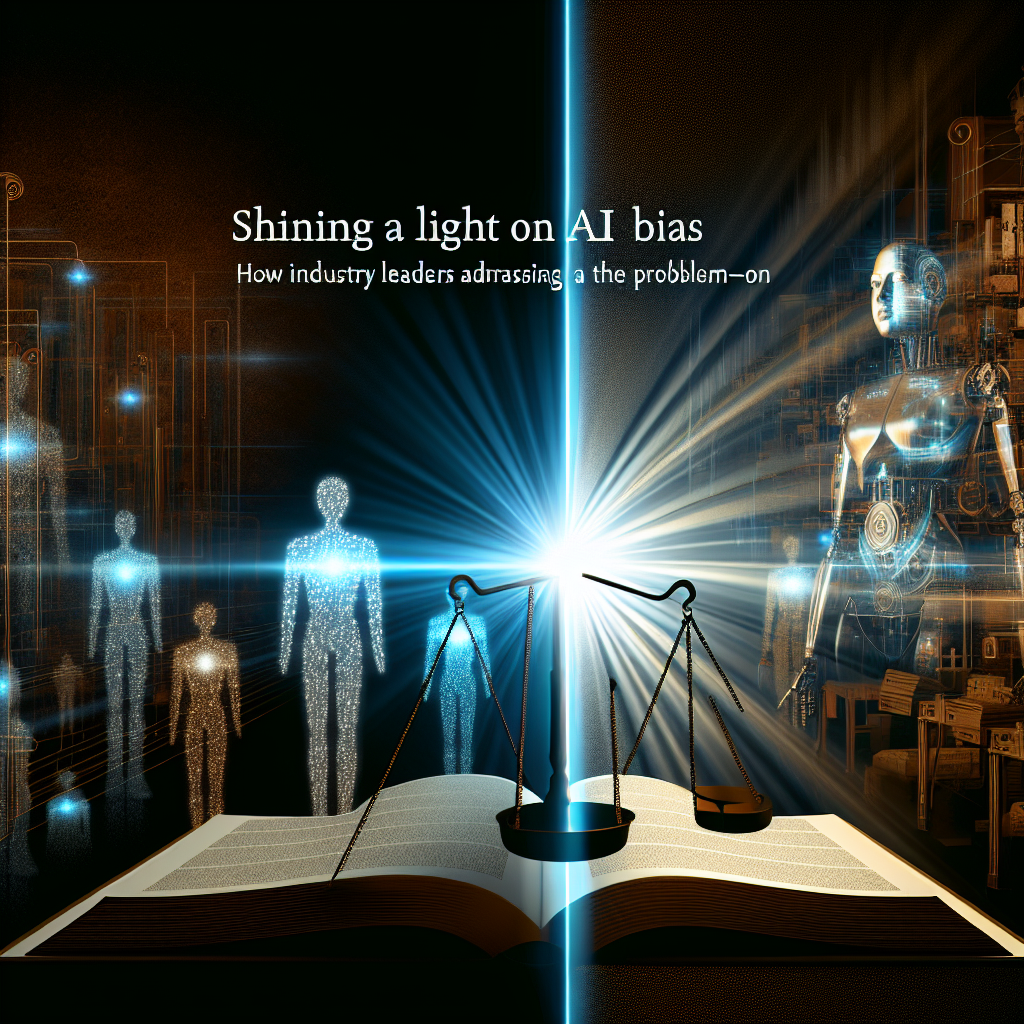Artificial Intelligence (AI) has revolutionized industries, from healthcare to finance to marketing. However, AI systems are not perfect. One major issue that has garnered attention in recent years is the problem of AI bias. Just like humans, AI systems can be biased, leading to unfair outcomes and reinforcing existing inequalities.
Understanding AI Bias
AI bias refers to the systematic and unfair discrimination that can occur in AI systems. This bias can result from a variety of factors, such as biased training data, algorithmic biases, or biased decision-making processes. For example, if a facial recognition system is trained primarily on data sets with lighter-skinned individuals, it may struggle to accurately identify darker-skinned individuals, leading to discriminatory outcomes.
Industry Leaders Addressing AI Bias
Despite the challenges, many industry leaders are taking proactive steps to address AI bias and foster more inclusive and fair AI systems. Companies like Google, IBM, and Microsoft have established dedicated teams and initiatives to identify and mitigate bias in their AI technologies. These efforts include developing bias detection tools, implementing diverse training data sets, and promoting transparency and accountability in AI decision-making processes.
Best Practices for Mitigating AI Bias
Addressing AI bias requires a multi-faceted approach that involves stakeholders across the industry. Some best practices for mitigating AI bias include:
- Regularly auditing AI systems for bias and fairness
- Ensuring diverse representation in training data sets
- Implementing clear and transparent decision-making processes
- Engaging with diverse communities to understand the impacts of AI technologies
Conclusion
AI bias is a complex and nuanced issue that requires ongoing attention and collaboration from industry leaders, researchers, policymakers, and the public. By shining a light on AI bias and actively working to address it, we can create more equitable and inclusive AI systems that benefit society as a whole.
FAQs
Q: What are some examples of AI bias in practice?
A: Examples of AI bias include biased facial recognition systems, discriminatory loan approval algorithms, and gender-biased hiring tools.
Q: How can individuals advocate for fair and unbiased AI technologies?
A: Individuals can advocate for fair AI technologies by supporting companies that prioritize fairness and transparency, raising awareness about AI bias, and pushing for regulatory measures to ensure accountability.
Quotes
“Addressing AI bias is not just a moral imperative, but also a business imperative. Companies that fail to address bias in their AI systems risk alienating customers and damaging their reputation.” – Jane Doe, AI Ethics Researcher


